Wilderness & Environmental Medicine Fellowship
Gain technical and operational experience.
Wilderness medicine is defined by the practice of medicine in resource-limited and austere environments where innovation and improvisation are critical to success.
The University of Colorado is pleased to offer a 12 month fellowship dedicated to the skills necessary to master this growing field.
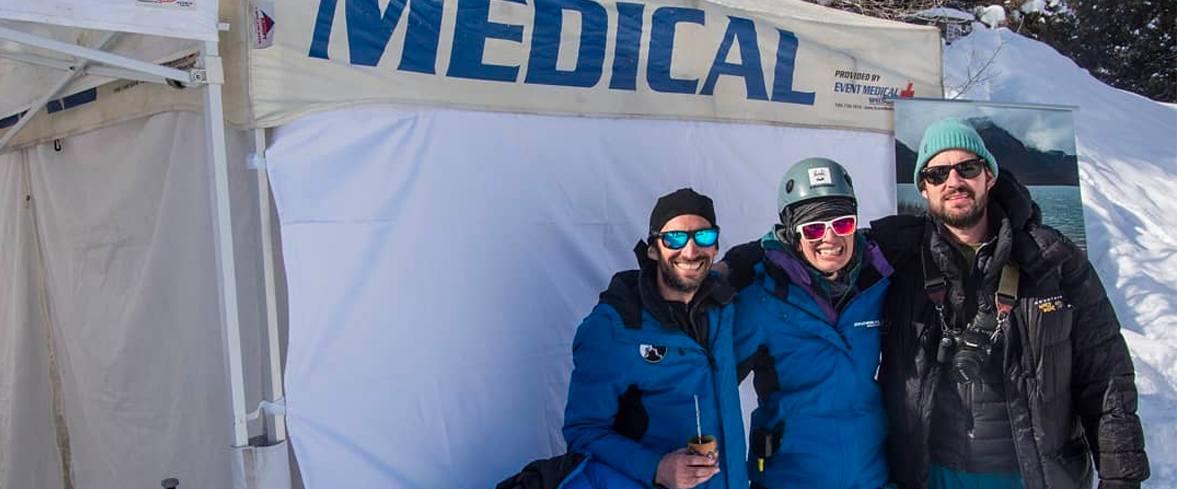
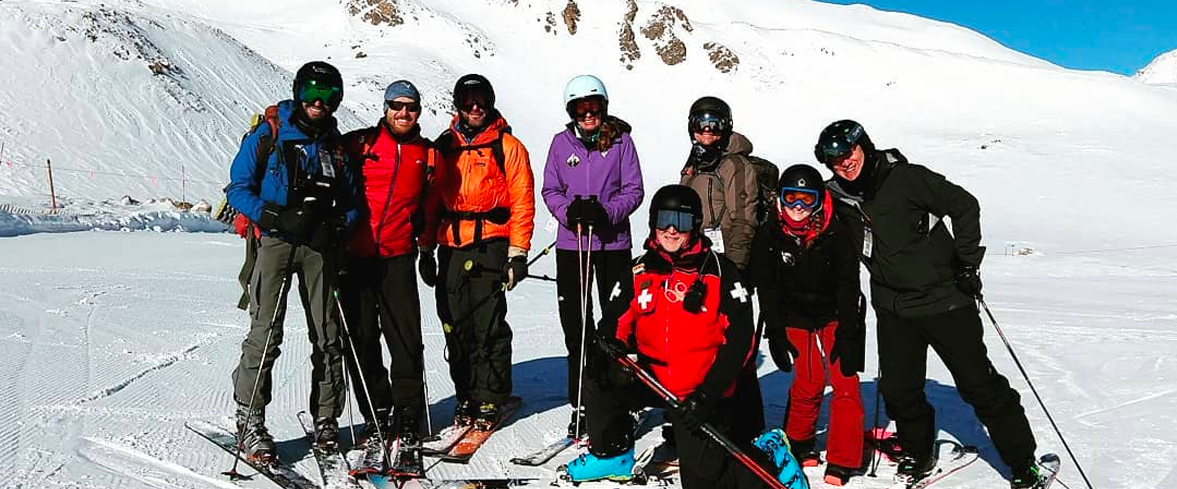
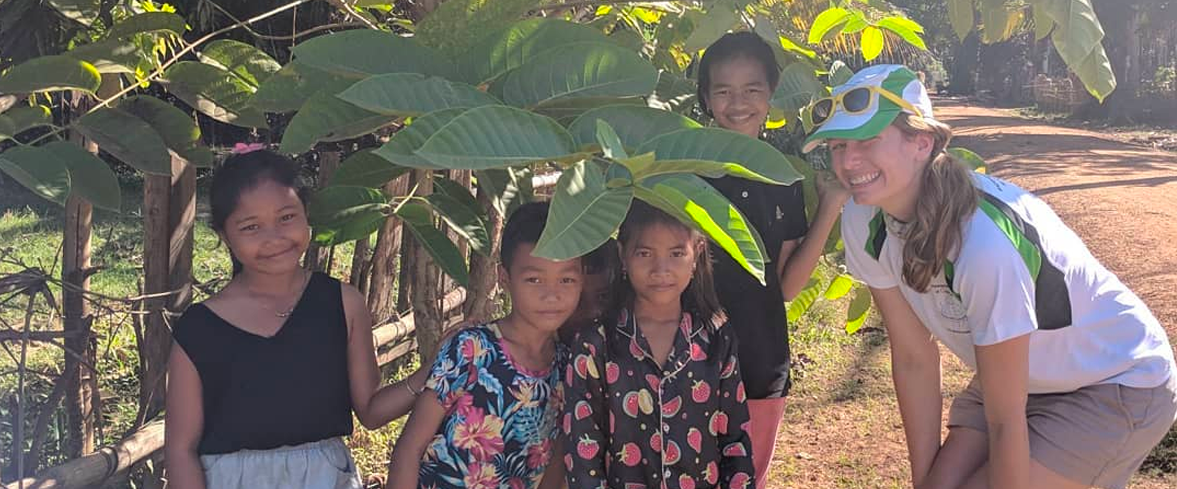
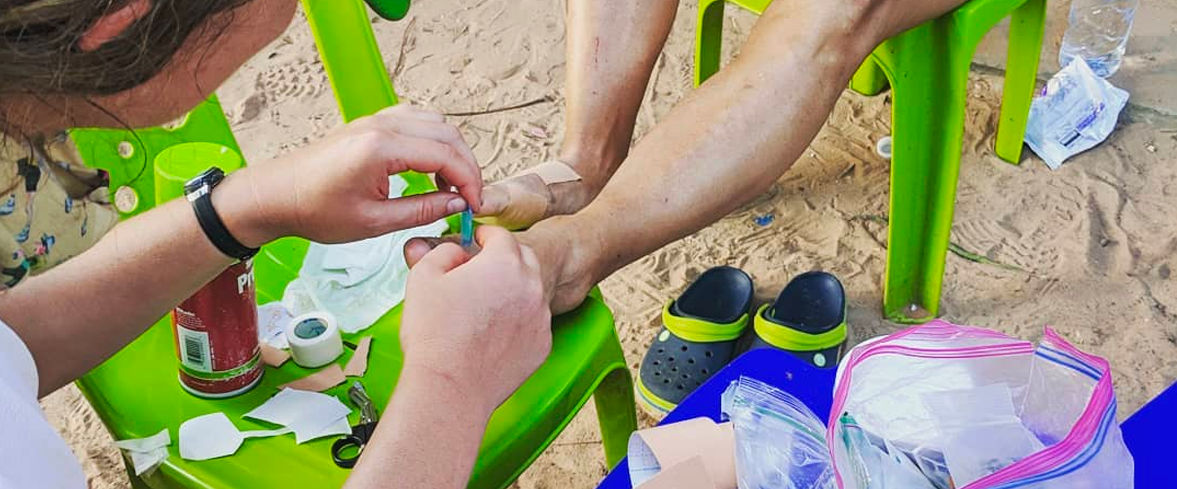
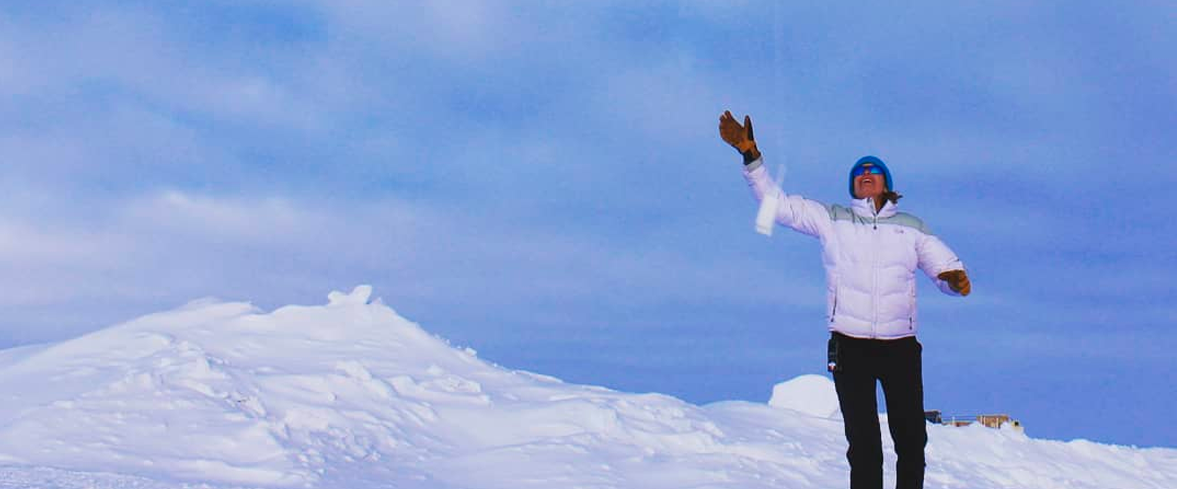
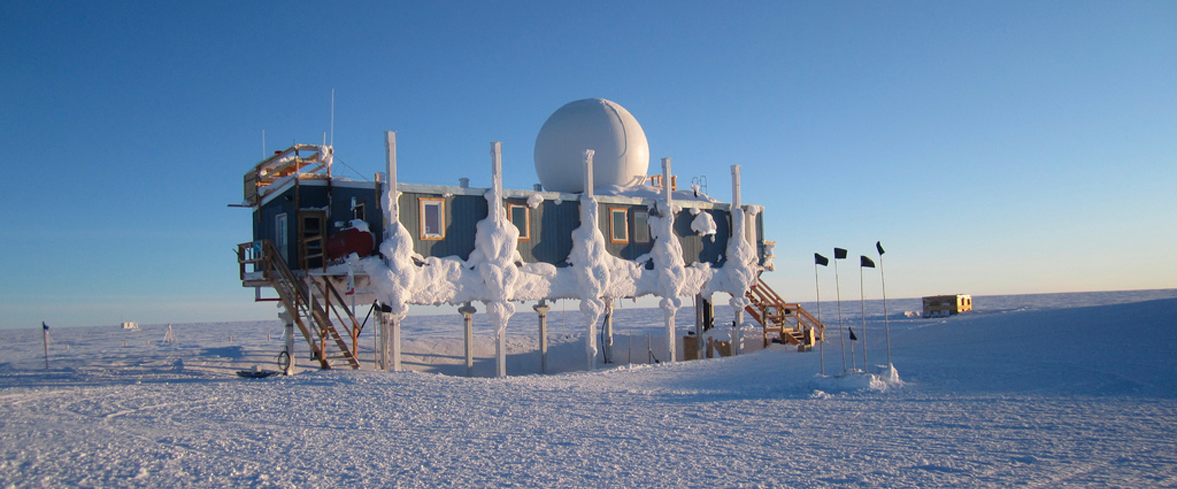

Our Fellowship is a 12 month program hosted by the University of Colorado section of Wilderness and Environmental Medicine. The fellowship blends formal didactic education, wilderness research, expedition experience, and diverse teaching opportunities. There is an option for a 24 month track for those candidates interested in pursuing an advanced degree.
As part of the Fellowship, salary support is provided for a 6-week deployment to Greenland as the expedition medic. During the rest of the year, fellows will enjoy multiple opportunities to teach, master technical rescue skills, and complete a research project within the field of wilderness medicine.
Clinical responsibilities include 8 clinical shifts per month as an attending physician at the University of Colorado Hospital Emergency Department.
The academic year is divided into 12 teaching modules designed to comprehensively cover the breadth of topics within the field of wilderness medicine. Fellows are expected to completed assigned readings for self-study, followed by didactic review sessions given core wilderness faculty. Topic examples includes altitude medicine, heat illness, search and rescue, wilderness orthopedics, and cold injuries.
We strongly believe that teaching on a particular topic allows for mastery of that topic. Accordingly, our fellows are expected to teach to a variety of audiences, from pre-med students to residents. Fellows can expect to receive instructor status for at least one course format such as AWLS or WFR. This will occur through collaboration with ongoing wilderness section course offerings.
In addition, our section plays a key role for the management of environmental disorders such as frostbite, hypothermia and altitude illness in our academic emergency department. Fellows should expect to participate in quality improvement processes in order to develop best practice policies and pathways.
We expect our wilderness fellows to gain technical and operational experience within a discipline of Wilderness Medicine. These “hard skills” are an important currency for graduating fellows to liaise with outside groups after graduation.
* Technical skills: Fellows are expected to develop or master a technical skill set. Examples include high angle rescue experience through the Diploma in Mountain Medicine program, swift water rescue, or dive medicine.
* Expedition Experience: Our curriculum allows for a 6 week deployment to master the skills necessary to be a successful expedition physician. Currently, our section is privileged to staff the medical clinic at Summit Research station on the icecap of Greenland. The wilderness fellow will have the opportunity to serve as the expedition medic at this site. Other examples include completion of a diploma in mountain medicine, staffing the Himalayan Rescue Organization clinic, participation as an invited instructor for a section expedition courses, or completion of a research project requiring international site time.
Over the course of the year fellows will complete a department sponsored research methodology curriculum. This is typically front-loaded into the academic year to allow fellows to make use of these skills during the academic year. Fellows are expected to complete a publishable research project in the field of wilderness medicine by the end of the academic year.
Some recent prior publications and work by the fellowship participants:
Applications
We are currently recruiting for the 2026-2027 academic year in accordance with the Wilderness Medical Society (WMS) match process.
Faculty
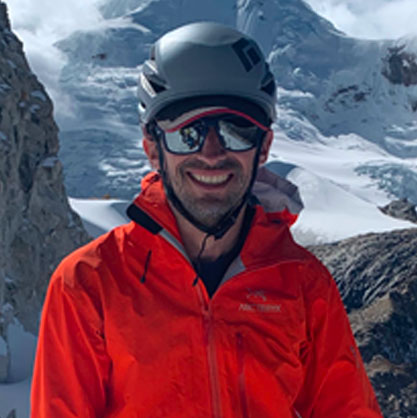
Fellowship Director
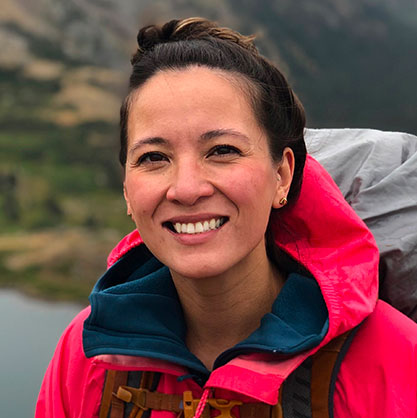
Associate Fellowship Director
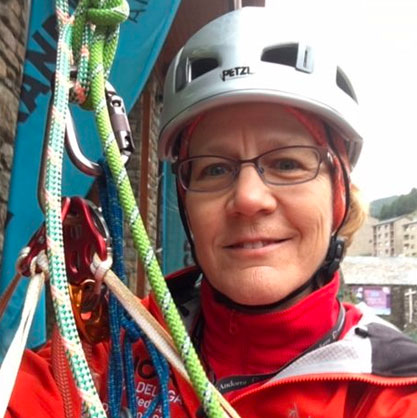
Technical Research Advisor
